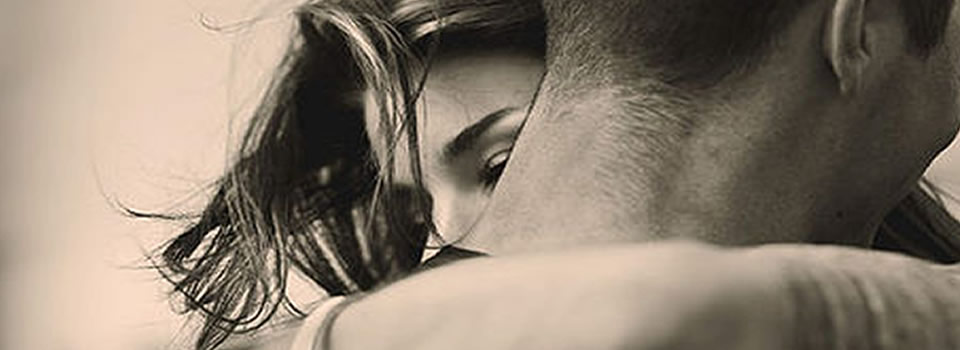Have you ever walked through the door after a hard day and heard your friend or loved one say, “It looks like you could use a hug!” The truth is, most of us could use a hug, but too many of us aren’t giving or getting the hugs we need. And we do, in fact, need them!
The benefits of hugging are felt by anyone who engages in the practice. Those feelings of warmth, connection, and intimacy you feel when wrapped tightly in a bear hug don’t just come from the affection you feel for the other person.

According to this article from the BBC, hugging prompts an increase in oxytocin, the brain chemical responsible for loving feelings. And who doesn’t like loving feelings? It also reports that while both men and women experience the increase after a hug, the surge in oxytocin may be of particular benefit to women’s cardiovascular health. An article from USA Today reports that hugging lowers the production of the stress hormone cortisol, allowing serotonin and dopamine, brain chemicals related to mood elevation, to rise and shine.
When you’re hugging for happiness, nothing halfhearted will do. You can’t do that move where your handshake goes into a one-armed hug with a hearty pat on the back. In order to reap the benefits of hugging, make sure you’re hugging with both arms for at least twenty seconds. And make sure you’re hugging frequently. A psychologist named Virginia Satir once said, “We need four hugs a day for survival. We need eight hugs a day for maintenance. We need twelve hugs a day for growth.”
So, whom should you hug? The USA Today article says that the benefits of hugging are most strongly felt when hugging your significant other, but it’s also important to hug anybody who might seem upset or lonely to increase their feeling of connectedness. Hugging babies decreases the risk of future social or emotional problems, and increases bonding. While you should still hug your teenaged children, they’re probably getting their recommended dosage, as another article reported that hugging has become the standard form of greeting and goodbye in younger generations. And don’t forget grandma or the elderly gentleman living next door! The elderly more frequently suffer from feelings of isolation and loneliness, which hugging and physical contact are known to alleviate.
 Elkaar omhelzen doet meer dan je denkt.
Elkaar omhelzen doet meer dan je denkt.